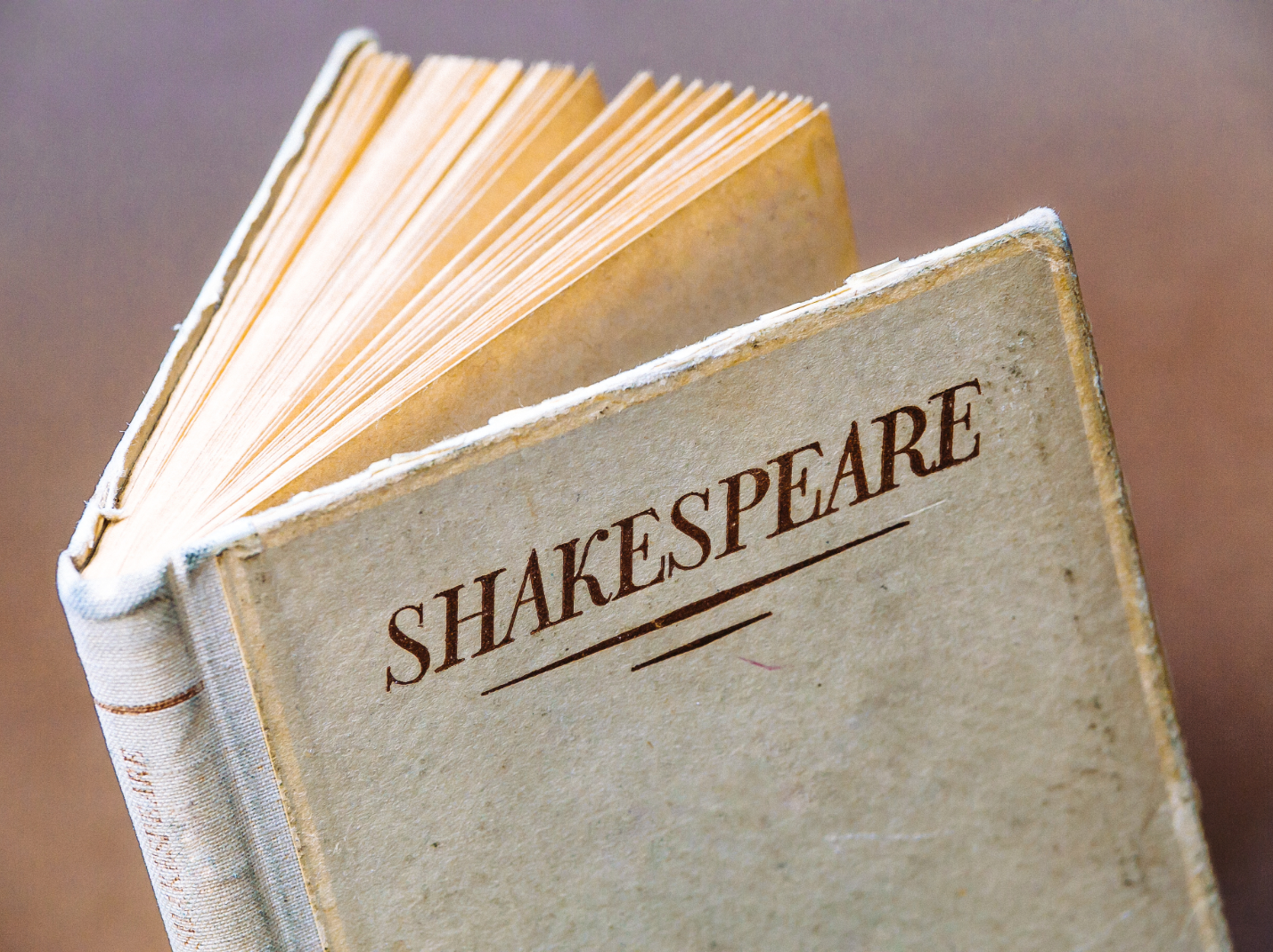
Editor’s Note: The following is an article originally published on Qudrant on October 2, 2025. With edits to match Minding the Campus’s style guidelines, it is crossposted here with permission.
Given the parlous state of Australia’s education system, which sees so many students leave school morally adrift, emotionally fraught, and culturally illiterate, it’s not surprising hundreds of parents and teachers around Australia are seeking alternatives. From Perth to Sydney, schools committed to an education that is intellectually rigorous, morally grounded, and emotionally and spiritually uplifting are being established.
While schools need to teach the basic skills, prepare students for the world of work and further study, as well as teaching life skills, equally as important is introducing students to Western culture’s best validated knowledge and artistic achievements. This cultural inheritance is the lifeblood of Western societies such as Australia, and it needs to be passed from one generation to the next. This inheritance doesn’t happen by accident and, while parents have a vital role to play, it’s the duty of schools to keep it alive.
As argued by the English philosopher Michael Oakeshott, schools have a duty to introduce students to their “intellectual, imaginative, moral, and emotional inheritance.” Such a view of education is described as a classical/liberal one, and it can be traced back to the ancient Greek philosophers, including Plato and Socrates. Plato believed education should enable students to be critically minded and committed to a life of virtue, beauty, and the search for truth. Socrates gave us the Socratic Method: instead of teaching what to think, an interactive dialogue fosters critical thinking based on rationality and truth.
[RELATED: Why the West’s Colder Welcome to International Students Isn’t a Setback]
Catholic theologian and saint, Henry Newman, describes a classical/liberal education as “a habit of mind,” one characterised by “freedom, equitableness, calmness, moderation, and wisdom.” Such an education takes years to develop and requires discipline, concentration, patience and humility. More recently, Victoria’s Blackburn Report argues students must be introduced to humanity’s “best validated knowledge and artistic achievements.” The purpose of education, as suggested by T. S. Eliot, involves “the pursuit of truth, and in so far as men are capable of it, the attainment of wisdom.”
How literature is dealt with provides a good example of what should be taught. The curriculum should include the Iliad and the Odyssey, plays like Medea and Oedipus Rex, classical myths and fables, and plays by Shakespeare, Chekhov, Ibsen, and Arthur Miller. Poems by William Blake, Wordsworth, Keats, Shelley, Yeats, and William Slessor should be included, as well as novels and short stories by Austen, Dickens, Conrad, Dostoyevsky, Mark Twain, and Henry Lawson.
As detailed in the Review of the National Curriculum Final Report I co-wrote in 2014, the reality is that, over the last 40 to 50 years, education in Australia has turned its back on a classical/liberal education. Instead of essential content represented by key subjects, teachers are made to adopt a process, inquiry-based model where students are center stage and teachers are facilitators and guides instead of authority figures.
What students encounter is based on what is contemporary and relevant instead of introducing students to Western civilization’s heritage. Every year, students encounter Aboriginal culture and history, thus leaving school with a meager knowledge of Australia’s history and evolution as a nation.
The school curriculum has long since been dominated by political correctness—now rebadged as woke. Primary school children are taught that gender and sexuality are fluid and limitless and taught that the world is about to end because of global warming. Instead of acknowledging, for all its faults, Western liberal democracies like Australia are bastions of freedom and prosperity, students are told such societies are structurally sexist, racist, classist, and guilty of heteronormativity. The curriculum, instead of dealing with what Matthew Arnold terms “the best that has been thought and said,” focuses on generic skills and competencies like being creative, working in teams, and intercultural understanding, making what is taught superficial and trite.
[RELATED: The West Is Giving International Students a Colder Welcome]
What’s to be done? As previously mentioned, around Australia, parents and teachers are establishing schools committed to a classical/liberal education. Such schools are community-based and, unlike government schools, have a high degree of flexibility regarding curriculum and staffing. This renaissance in school education is not just in Australia. The American Heritage website lists over 900 schools teaching a classical/liberal education. In England, under Chris Woodhead, Cognita schools are committed to teaching a rich and rigorous subject-based curriculum.
Whether Narre Warren’s Harkaway Hill’s College, Sydney’s Hartford College, Brisbane’s Saint John Henry Newman College, Wagga Wagga’s Saint Mary McKillop College, Adelaide’s St Benedict School, or Western Australia’s The Classical School, people are lighting small fires to once more illuminate beauty, truth, and goodness.
Dive deeper into global higher education through our Minding the World column.
Image by Jasmin on Adobe; Asset ID#: 104051898
Excellent Kevin. A joy to read.
Let’s hope your words are indeed true, and that more schools return to a liberal/classical type education.
We think we offer our own style classical education here at Fitzroy Community School.
Best wishes with the good fight.
Faye Berryman
I endorse the broad outlines discussed in this article.
However, the curriculum needs explicit content mandated for a national curriculum across Australia. For example teaching Shakespeare is not enough. At what level and what specific plays. Teachers cannot be left to make these decisions on a personal preference basis.
Want to make this case in an article for MTC?
I agree Helen that the curriculum needs to be specific. So yes, there should be a list of prescribed literary works for each year level. The other problem is that teaching training is so substandard and politically correct many teachers are incapable of teaching worthwhile literature.